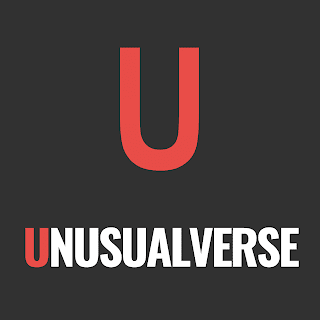The Eurovision Song Contest is the most popular song competition in Europe and one of the most popular in the world (remember the Netflix movie, Eurovision Song Contest: The Story of Fire Saga). Throughout its history, sign language has taken the stage on several times, here we will review all of them.

|
| Still from O Torvald's music video in its international version in sign language (photo: O Torvald) |
Valters & Kaža (Latvia, 2005)
This is the first known time that Sign Language is present at Eurovision
and it is also present on stage.
Valters and Kaža
is a young Latvian duo who started singing sitting with a guitar each and,
when they got up, moments later they were performing the song simultaneously
in Sign Language (from minute 2:14 in the following video). The duo came in
fifth place, so they didn't do badly at all.
Signmark (Finland, 2009)
This Deaf rapper was the pioneer and the only one so far who sang directly in
Sign Language while the interpretation was into spoken language. His name is
Marko Vuoriheimo, he is Finnish and, although he did not make it to
Eurovision, he was a finalist in his country and started a successful musical
career.
Signmark's flagship song was Speakerbox:
Evelina Sašenko (Lithuania, 2011)
This was the second occasion when Sign Language put on its best clothes and
took the stage at the 2011 Eurovision final with Lithuanian
Evelina Sašenko. She simultaneously performed a piece of her song C'est ma vie (it's my
life) in Lithuanian Sign Language (from minute 1:40):
Željko Joksimović (Serbia and Montenegro, 2012)
Željko
is one of the most popular musicians in his country
Serbia. The music video with which he presented his candidate song began with a
young man singing in Sign Language, joined by Željko himself also performing
some parts in Sign Language. It seems that he was not bad at it, as he has a
great ability for languages (he is fluent in up to six languages).
Tommy Krangh (Sweden, 2015)
Tommy was not the name of the Eurovision candidate singer, but of the Sign
Language interpreter who interpreted the Swedish candidate
Magnus Carlssons
so enthusiastically that it went completely viral. Tommy interpreted Magnus
during the final of the
Melodifestivalen
(Swedish festival that determines the representation of his country in
Eurovision). The video has accumulated almost four million views and it is
undeniable that it conveys great passion.
Sign Language Interpreters from Norway (2016)
One year later, the real stars of the show were once again the Sign Language
interpreters who interpreted Norway's Eurovision entries at the
Melodi Grand Prix. The Sign Language interpretation was praised by both Deaf and hearing
people and unleashed a wave of requests for the experience to be transferred
to other countries. In the following video you can see several fragments and
the extraordinary quality of their work:
O Torvald (Ukraine, 2017)
O Torvald
is a Ukrainian
alternative rock
band that was chosen in 2017 to represent their country with the song "Time"
and of which they released an international version of the video in Sign
Language, although they did not get to be accompanied by the Sign Language
interpreters on the Eurovision stage. At least, the guy interpreting in Sign
Language in the video is Deaf.
Jacques Houdek (Croatia, 2017)
The song "My friend", performed by Croatian singer
Jacques Houdek
was the song chosen by his country for the Eurovision Song Contest in 2017. He
released a music video in an acoustic and Sign Language version performed by
Deaf photographer, model and dancer
Budo Jusić.
SuRie (United Kingdom, 2018)
The 2018 UK representative,
SuRie, was the only artist that year to release a version of her music video in
British Sign Language. What's interesting here is that
SuRie interprets herself in Sign Language, which she learned
specifically for the occasion through one of her fans.












